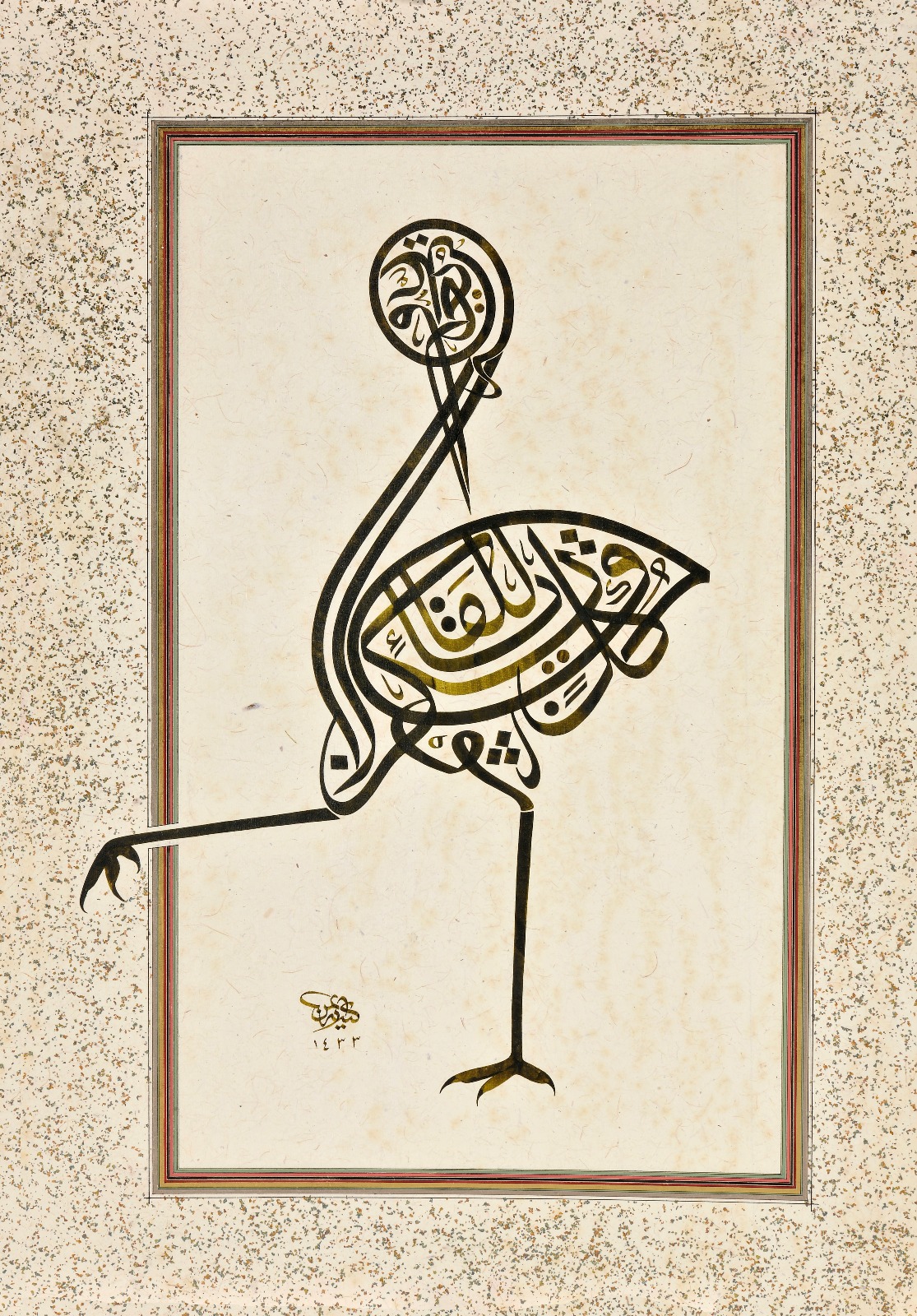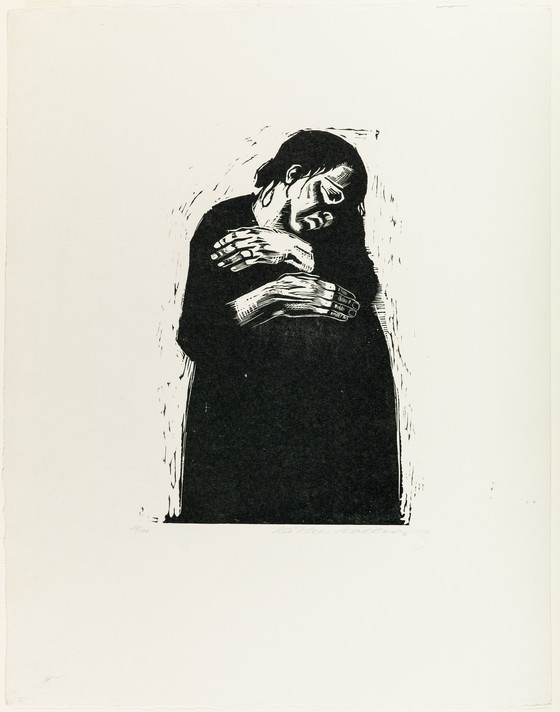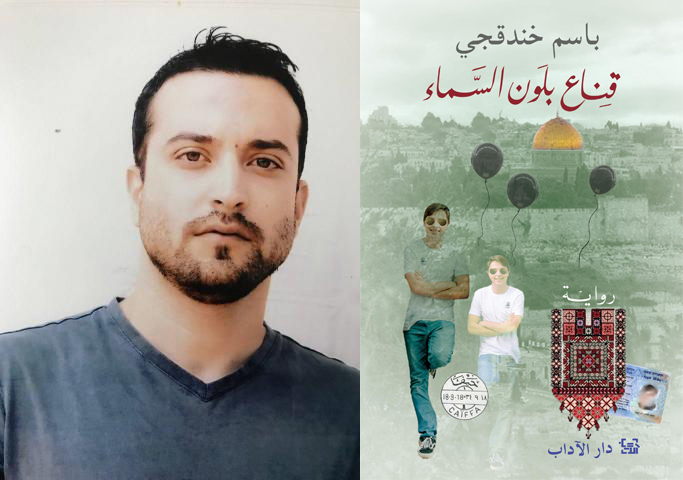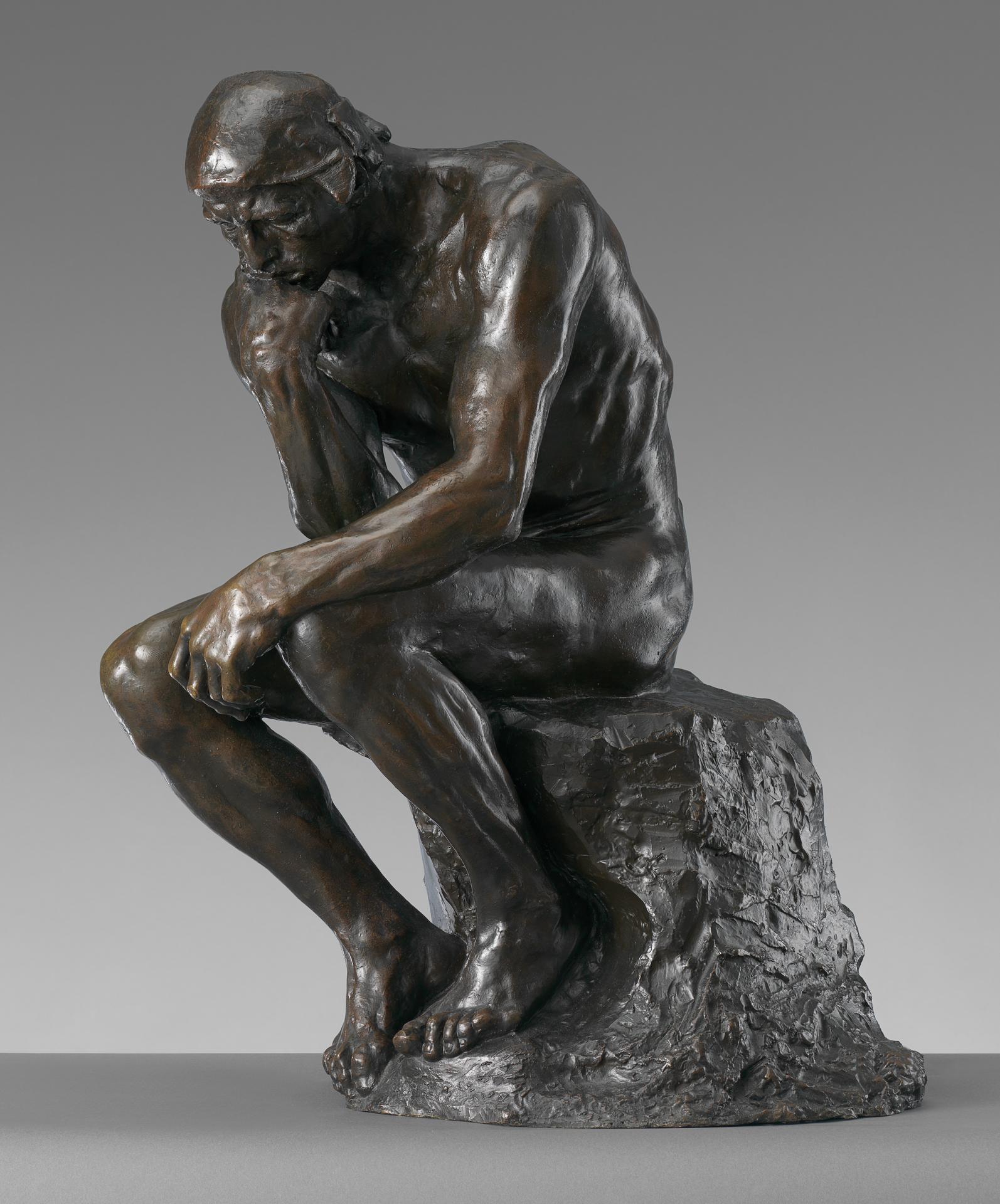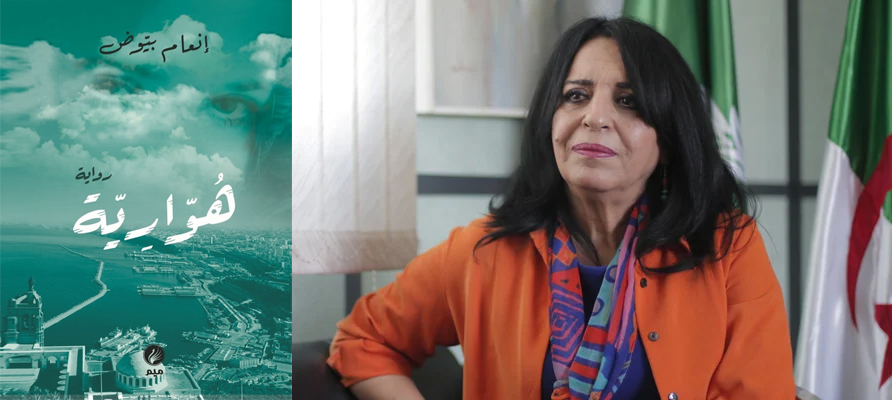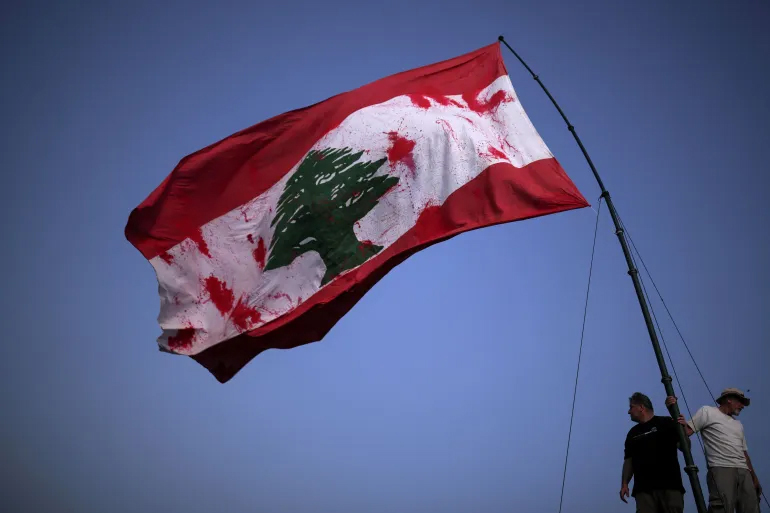‘Is There an Arab Culture?’
Long History of Pluralism, Decentralization, Pragmatism Underpins ‘Arab Culture’ Debate
Rarely do we read a cultural or even general-interest publication without encountering discussions questioning whether an Arab culture exists, and if it exists, whether it is in decline. I found no exception when recently perusing Al Jazeera’s online cultural section. We do not need to look far into the article, as its title speaks for itself: “Is There an Arab Culture?” The article is by Dr.

